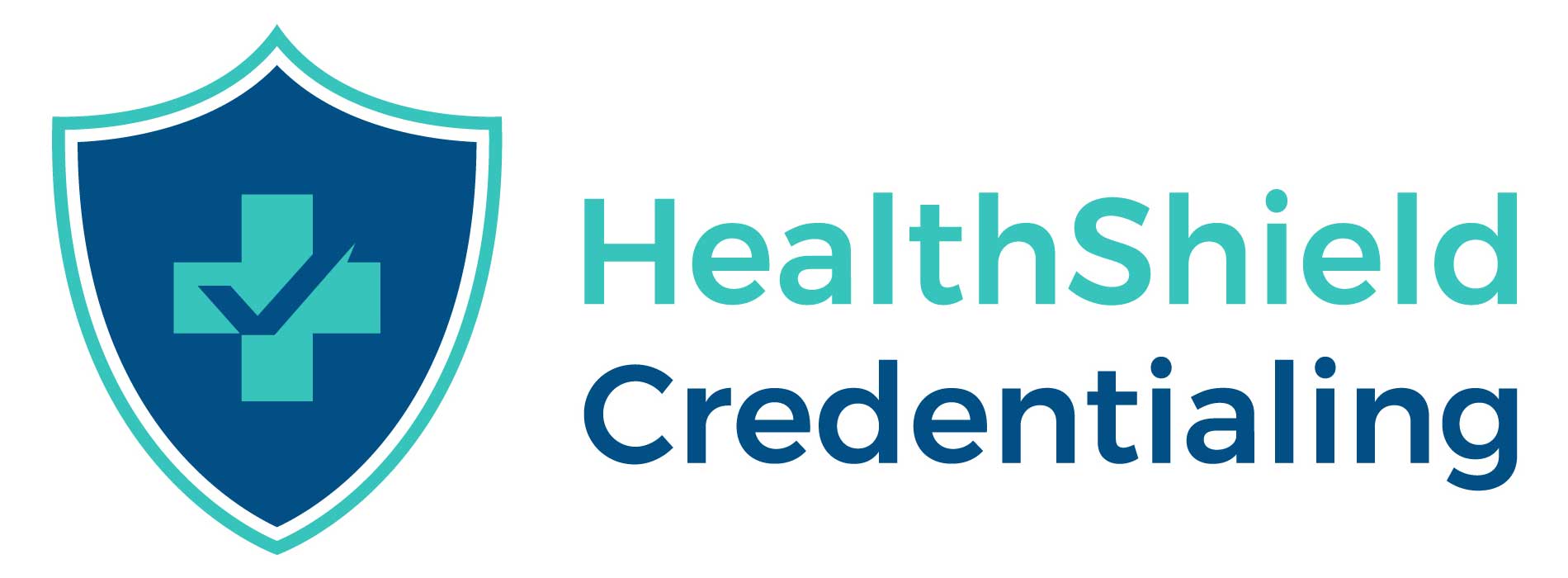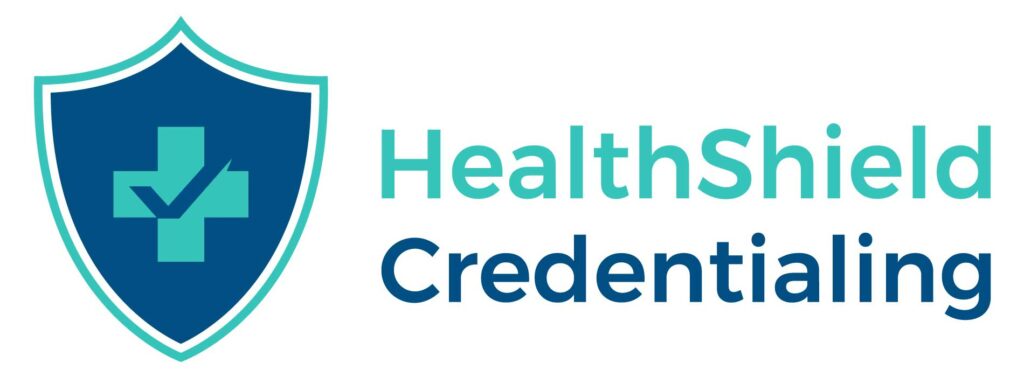About the Author: Patrick N. Clark, managing partner of Caprock Insurance Partners, has extensive experience helping connect CRNAs with disability insurance. The following column outlines points he suggests for locum tenens CRNAs to consider when looking for the right disability insurance.
Congratulations on your journey to becoming a high-income earning CRNA business owner. While the perks of going 1099 will be numerous, this role comes with certain pressing responsibilities. It is critically important that you assemble your own suite of benefits to ensure that you are “financially bulletproof.” One critical component to your plan for success is True Own Occupation Disability Insurance. We are providing a road map to help you choose wisely for your journey ahead.
Selecting the Right Insurance Carrier
The marketplace is crowded with insurance carriers that offer disability insurance. That said, please be aware that not all disability insurance carriers are created equally. There are independent, objective organizations that look out for consumers by providing performance ratings. A.M. Best, Moody’s, Standard & Poor’s, etc. can help you understand the financial strength of certain carriers. There are certain criteria that a carrier should satisfy to earn your business: claims history, financial stability, policy guarantees, and more. An insurance carrier should also demonstrate that disability insurance is a core competency. There are certain carriers that specialize in the right kind of insurance for specialty medical professionals like CRNAs and surgeons.
Designing the Policy Properly
A specialty medical professional requires a certain type of disability insurance that is offered by a select few carriers. For an individual with “golden hands,” the appropriate policy recommendation contains specific definitions. First, the policy should acknowledge your specific occupation with those exact duties in mind. There are broad brush definitions at certain carriers; avoid them. “True Own Occupation” DI provides a monthly benefit amount (non-taxable) in the event a single material duty is lost due to injury or illness. Further, the monthly benefit is payable to you in addition to any other income you may earn if choosing to work in another occupation. Please note that there are a few top tier carriers in the marketplace that provide this proper contractual definition. The policy should also provide “partial disability” language if a medical condition prevents you from working at your full capacity. In this way, any loss, large or small, will be covered with proper policy language.
Building Trust with your Agent
It is incumbent upon an insurance agent to earn your trust before doing business. It is appropriate to ask the agent about representation and best interest in this business relationship. In a properly structured
relationship, the agent should have access to all formidable options in the marketplace and an understanding of pros/cons. The agent should demonstrate objectivity and should be competitive in your search to make suitable recommendations. There should be a thorough analysis of your needs and budget to determine the best fit. Once you are comfortable with the carrier and the policy language, the policy should be tailored with your exact needs in mind. Once the contract is in force, the agent should recommend an annual review process to ensure that your needs are being met and the plan adequately covers all aspects of your income need.
All our best on your journey ahead. If you would like our assistance in preparing a properly designed disability policy, please feel free to reach out to us through our CRNA exclusive website: crnanation.com. This video will also help you get to know more about us and our approach.






